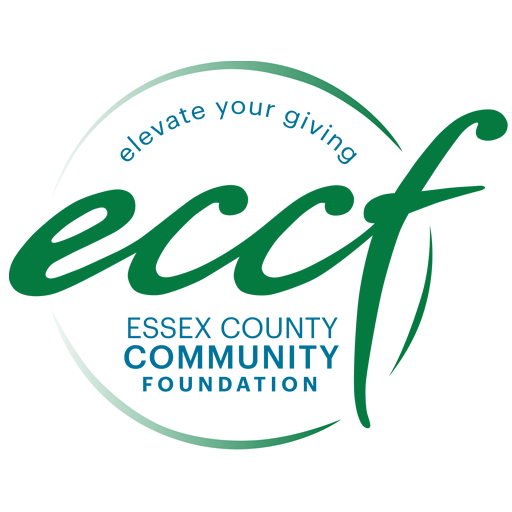ECCF gathers local advisors for engaging presentation with gift planning expert Bryan Clontz
By Michelle Xiarhos Curran
ECCF Communications Writer
With just a few weeks left until the start of 2023, professional advisors are busy working with their clients on year-end financial strategies.
But only 10% of advisors are initiating conversations about charitable giving.
“This has not changed for 30 years,” said Bryan Clontz, a nationally recognized expert in charitable gift planning and president and founder of Charitable Solutions LLC, a Florida-based nonprofit consulting firm.
Clontz joined ECCF on Nov. 14 for “The Top 10 Charitable Trends Every Advisor Should Know,” an engaging and informative virtual event for professional advisors designed to outline trends in gifts of non-cash assets, the nonprofit sector, advisor-client-nonprofit communication, the real reasons behind charitable giving and, most importantly, the right language to use with clients and when.
“We know your clients are thinking about philanthropy and that they are looking to you for support, so we encourage you to lean into that connection,” Jennifer Mayo, Essex County Community Foundation’s director of gift planning and advisor relations, told the dozens of advisors participating in the call.
Clontz, the former vice president of advancement at The Community Foundation for Greater Atlanta, said that during his time there, 90% of the foundation’s donors came to them as referrals from professional advisors.
“There is nothing that helps a community foundation grow faster than its relationship with those advisors,” he said.
The hour-long event was filled with revelations and data about: the state of philanthropy (it is alive and well); the increasing popularity of non-cash assets like charitable gift annuities; the way shifting demographics are changing the overall state of giving and, a big one, how the language we use to describe planned giving impacts the number of people who give and how much they give.
“However simple you think your language is, make it simpler,” said Clontz, who cited a study that found the use of the word “bequest,” versus the simpler, “make a gift in your will,” increased the percentage of people who said they were interested in making a planned gift from 12% to 23%.
There is a lot of untapped potential in the advisor-client relationship when it comes to charitable giving too, but first the chasm that exists between the way donors feel, and the way advisors perceive their clients’ feelings and motivations, must be bridged. Clontz laid out some startling misnomers advisors have about their clients. For example, according to a U.S. Trust study, just 10% of donors indicated that their motivation for giving is to reduce tax burden. When advisors were asked about the motivations of those very same clients, they said 46% of them gave to reduce tax burden.
“They’re not giving for the tax reasons, they’re giving for impact and to involve their families more,” said Clontz.
Additional misconceptions donors have about their high-net-worth clients include the reasons why they choose NOT to give. According to advisors, their clients do not give because:
- They would not have enough money to leave heirs
- They would not be left with enough money for themselves
- They do not consider themselves wealthy enough to give
However, their clients say that they do NOT give because:
- Their gift will not be used wisely
- Of a lack of knowledge or connection to a charity
- They fear increased donation requests from others
“I encourage you as you’re working with your clients, to think about what the data shows about why they don’t give, and to be their [guide], and partner with your community foundation to be able to help them give or give more,” said Clontz.
To hear more eye-opening facts about topics like behavioral finance, the “Giving Pledge,” at what age your financial character is “baked” and much more, we invite you to watch the full recording of the “The Top 10 Charitable Trends Every Advisor Should Know” on ECCF’s YouTube channel.
For advisors with questions about how ECCF can play a role in supporting your clients’ charitable giving, please contact Jennifer Mayo at j.mayo@eccf.org or Stacey Landry, ECCF’s vice president for advancement and philanthropic services, at s.landry@eccf.org.


